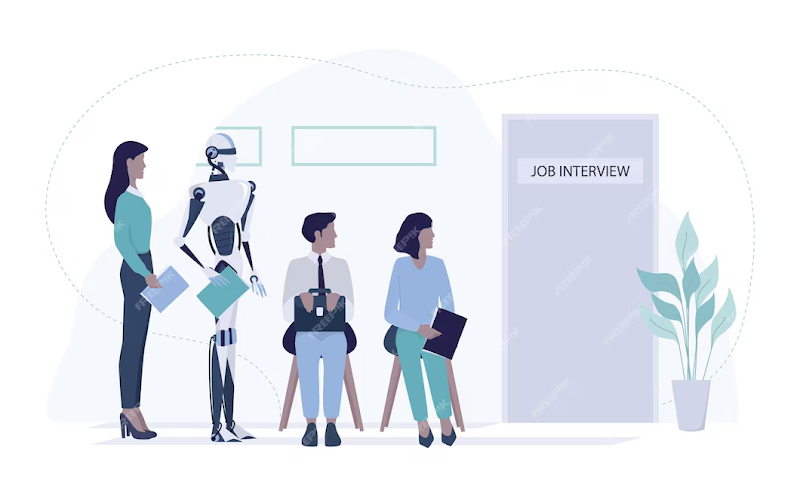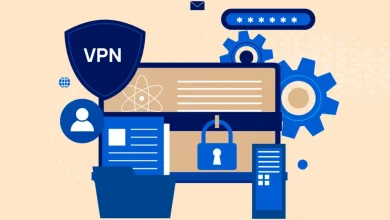Revolutionizing HR: The Role of Generative AI and AI Agents in Human Resources

Visit Generative AI for HR Operations to explore how advanced AI solutions are reshaping HR processes. Additionally, AI agents for Human Resources offer tailored tools to address specific HR challenges, creating unparalleled opportunities for innovation in talent management and organizational growth.
Understanding Generative AI in HR
Generative AI refers to AI systems capable of producing human-like text, images, or other forms of content. In HR, this technology has far-reaching applications:
- Automating administrative tasks like payroll and benefits management.
- Streamlining talent acquisition by generating job descriptions and screening applicants.
- Enhancing employee engagement through AI-powered communication tools.
Unlike traditional AI systems that focus on data analysis, generative AI takes it a step further by creating solutions tailored to unique organizational needs.
Key Benefits of Generative AI for HR Operations
1. Streamlined Recruitment Process
Generative AI reduces the time and effort spent on hiring. AI agents can:
- Analyze resumes and match candidates to job roles based on predefined criteria.
- Draft compelling and inclusive job descriptions.
- Conduct initial screening interviews using conversational AI.
By leveraging these tools, HR teams can focus on strategic decision-making rather than administrative tasks.
2. Personalized Employee Engagement
AI-driven systems analyze employee behavior to tailor communication strategies. For instance:
- Generative AI can craft personalized messages for employee feedback surveys.
- AI-powered chatbots address employee queries instantly, improving response times.
This level of personalization fosters trust and ensures employees feel valued.
3. Efficient Workforce Planning
AI agents assist HR teams in forecasting workforce needs by:
- Analyzing historical data and market trends.
- Generating predictive models for hiring and resource allocation.
- Identifying skill gaps and recommending training programs.
AI Agents: The Pillars of Modern HR
1. Recruitment Agent
This agent simplifies hiring by identifying the best candidates through advanced data analysis and natural language processing. It ensures diversity and minimizes biases, promoting fair hiring practices.
2. Payroll Discrepancy Detection Agent
Handling payroll errors can be time-consuming. AI agents streamline this process by detecting discrepancies in real time, ensuring accurate and timely salary disbursements.
3. Compliance Check Agent
Compliance is crucial in HR. This agent evaluates organizational policies against current regulations, identifying potential risks and recommending actionable solutions.
4. Employee Engagement Agent
This AI tool actively monitors employee sentiments through feedback analysis and interaction tracking, ensuring high morale and retention rates.
The Future of HR with Generative AI
The adoption of generative AI and specialized AI agents is just the beginning. Future trends indicate deeper integration into:
- Upskilling and Training: Personalized learning paths generated by AI to address specific employee needs.
- Performance Management: AI-powered evaluations offering actionable insights for improvement.
- Diversity and Inclusion: Tools that analyze company demographics and suggest strategies for inclusivity.
These innovations will enable HR departments to become more data-driven and impactful.
Challenges in Adopting Generative AI
Despite its benefits, there are challenges to implementing generative AI in HR:
- Data Privacy: Ensuring employee data remains secure is a top priority.
- Cost of Implementation: AI solutions can be expensive, particularly for small and medium-sized enterprises.
- Change Management: Organizations must invest in training HR professionals to effectively use AI tools.
By addressing these challenges through careful planning and robust cybersecurity measures, businesses can maximize the potential of AI in HR operations.
Conclusion
Generative AI and AI agents are transforming HR operations by making them more efficient, personalized, and forward-thinking. By adopting these technologies, organizations can enhance their HR processes and focus on what truly matters: empowering their workforce.
By embracing these tools, HR departments can lead the way in building resilient, innovative, and people-centric organizations.




